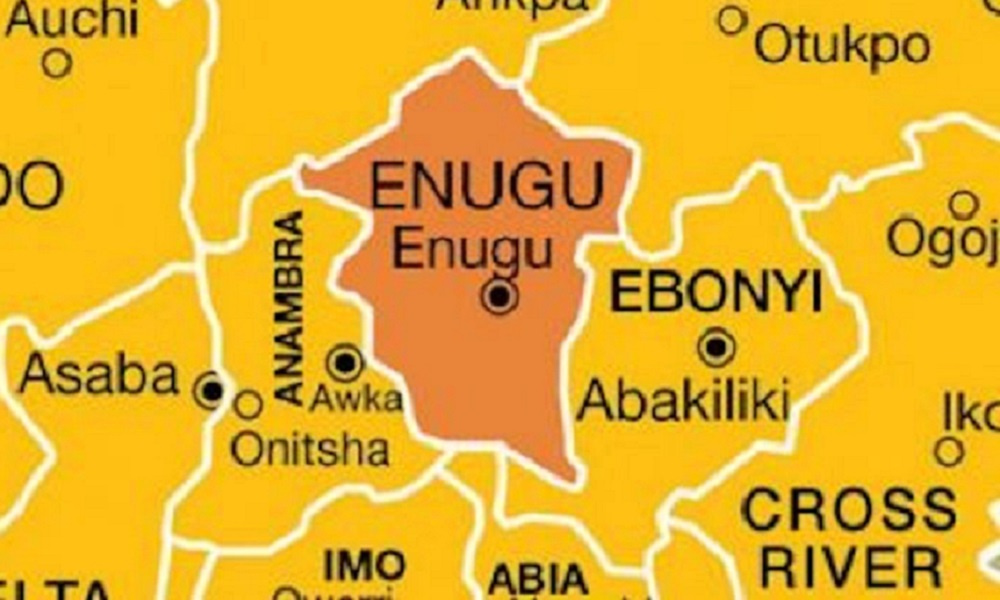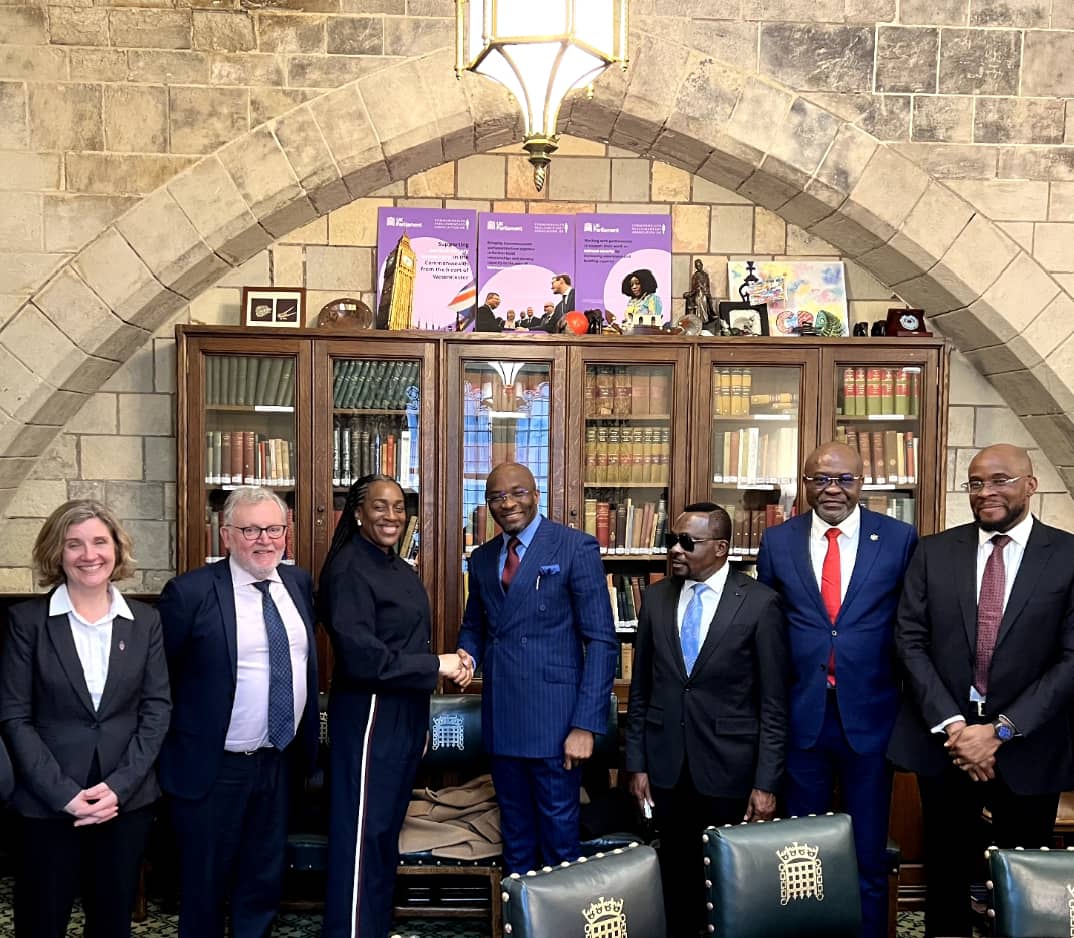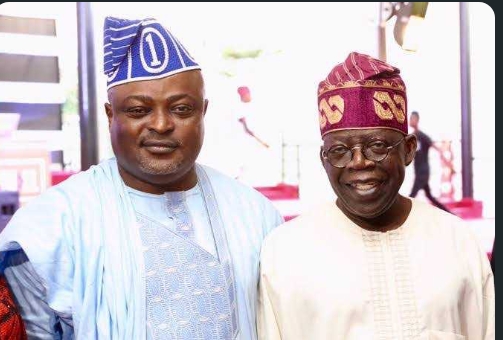News
Enugu private school owners lament heavy taxation

Private school owners in Enugu State have raised the alarm over the shutting down of schools over flimsy excuses and exorbitant taxes and levies the government imposed on private schools.
Crying out for help, the proprietors said that the government’s new tax regime on private schools, which need to be helped to continue to provide quality education, is suffocating them with over 2,000 per cent increase.
They said that the fees, which range from N450,000 to N2.2 million depending on the school’s size, from the usual N30,000 they paid during the last administration’s tenure are crippling many institutions, leading to shutdowns.
Chairman of the Association of Private School Owners of Nigeria, Emeka Grahams, who addressed journalists on Sunday, expressed frustration that pleas to the government to reconsider have fallen on deaf ears.
The Enugu State Ministry of Education’s drastic 2,500 per cent increase in annual renewal fees, from N30,000 to a whopping N450,000 to N2.2 million, has left many schools struggling to stay afloat. This policy has been likened to “manhandling” school owners, creating an unfavourable environment.
It’s worth noting that the Enugu State government has been working to enhance education standards, with initiatives like the Smart School Project, aiming to integrate technology and improved infrastructure. However, the timing and implementation of these policies seem to be causing undue hardship for private schools.
Last week the government announced that it has closed down some schools which it tagged as operating from poor and quality infrastructures.
Grahams, however, lamented that those schools, and many others, are now facing uncertainty due to the government’s taxation policies, creating chaos in the education industry in the state.
He noted that why the government cannot provide jobs for its teaming youths, those who are engaged as teachers in private schools are now without work.
He enthused, “The issue is that private school owners in Enugu State are being manhandled by a policy. The government, through the Ministry of Education, came up with a policy of high taxation far beyond what we used to have before the advent of this administration.
“It used to be N30,000 annual renewal, but now we have various taxes that are broken into stages. Before now, it used to be one and it covers everything but now you have early child tax, one for Junior Secondary School, one for Senior Secondary School and other categories.
“The worst of it is that the provisional approval fee that schools used to pay no longer applies. They say you have to register afresh. Let me just say that if you are running early child – that is nursery, primary, junior and senior secondary schools, you are expected to pay close to N2.2 million.”
He averred that comparatively, other states like Lagos, Rivers and Abuja don’t pay that much, an indication that the government wants to run them out of business and at the same time rob parents and children the opportunity offered by the private schools, knowing full well that government alone cannot cater for the educational needs of the citizenry.
Grahams pointed out that efforts they have made for a change of heart have not yielded any dividends, since the government is going about closing schools that fail to pay the taxes and only reopen the same when they pay.
He added, “There was a time they would listen to us, but this government is not listening to us. Schools are being shut for not paying the fees and once they pay, they are reopened. Their interest is not in the quality or standard of education, but money.”
Speaking at the occasion, a member of Enugu1 State Education Stakeholders and President of the Proprietors Association of Private Schools, South-East zone, Dr Ejiofor Godwin, pointed out that “these heavy taxes do nothing to improve the quality of education, but serve only to further burden private school owners.”
Godwin noted that private schools contribute significantly to the state’s internally generated revenue, adding that they should be encouraged and assisted to grow instead of stifling them.
He stated, “For clearance of doubt below is the analysis of the bills each school is expected to pay:
“A. Senior Secondary – application form – N200,000; two years provisional approval – N300,000; application for license – N200,000;
yearly renewal fee – N200,000. In total, you pay N900,000 for running senior secondary only.
“B. Complete Basic Education – Nursery 1 to JSS3: application form – N500,000; two years provisional approval – N250,000; licence application – N250,000; yearly renewal fee – N300,000 – total N1.3 million to run complete basic education.
“By implication, to run nursery 1 to SS3, the school should pay N2.2 million to the government that provides nothing, not even public school buses for school pupils.
He added, “For category C, intermediate basic – Nursery 1 – Primary 6: the government charges – application form – N200,000; two years provisional approval – N200,00; application for license – N200,000 and yearly renewal fee – N200,000 totalling N800,000.
“Category D. Early Childhood – Nursery 1 – Primary 3: application form – N100,000; two years provisional approval – N100,000; licence application – N100,000 and yearly renewal fee – N150,000 totalling N450,000.”
“The implication is that if these bills are allowed to fly, school fees in private schools will astronomically increase because proprietors will pay teachers’ salaries, maintain their facilities and pay other government taxes apart from this. Parents who cannot cope with the increment of school fees will withdraw their children to nowhere because the public schools are substandard and the smart schools are not ready and even when they are ready, cannot admit all the children coming out from private schools.”
He explained that the private school proprietors had demanded that the government should give at least 3 years for them to improve on structures and facilities in their schools, but that pleas were rebuffed.
Godwin said they have also requested financial and material support to school owners and the removal of equal fees payable at the ministry, adding that fees should be charged according to the location, financial and numerical strength of each school.
Meanwhile, counsel to the private school owners, Mr Ogbuka JMCC, said that under Nigerian law, private school owners are not to pay tax because schools fall under Section 18 of the Constitution, which stipulates Compulsory Free Education, but laments that the government of Enugu State in its quest for revenue generation is violating the constitutional provisions.
He maintains that “there is no levy or tax for private schools. Anything contrary is nullity.”
News
Tax Reform Bills: Our Goal is to Boost Revenue and Encourage Investments — Deputy Speaker



News
Just in: Ex-FCT minister, Gen Jeremiah Useni is dead

Popular former Minister of the Federal Capital Territory (FCT), Lt. General Jeremiah Timbut Useni has died at 81.
According to family sources, he died on Thursday, January 23, 2025, in a protracted illness in Paris.
He was born on February 16, 1943. He would have celebrated his 82nd birthday on the 16th of next month.
The passage of the Useni was also contained in a statement by Governor Caleb Mutfwang of Plateau State l.
Hiis Director of Press and Public Affairs, Gyang Bere, endorsed the statement.
The governor described the demise of General Useni as a tremendous loss not only to his immediate family but also to the Nigerian Armed Forces, Plateau State, and the entire nation.
According to Mutfwang, General Useni’s exemplary leadership and steadfast commitment to service were remarkable.
He said his Useni’s death had left an indelible mark on Nigeria’s security and political landscape.
He noted that General Useni’s tireless efforts to promote peace and security, especially in Northern Nigeria and Plateau State, would forever be remembered.
Mutfwang recounted the career of the late General, whom he said served Nigeria with distinction in various capacities, including as Minister of Transport, Quarter-Master General of the Nigerian Army, and Minister of the FCT.
“After retiring from the military, General Useni transitioned into politics, where he continued his service to the nation. He served as Deputy Chairman of the All Nigeria Peoples Party (ANPP) and was elected Senator representing Plateau South Senatorial District in 2015 under the People’s Democratic Party (PDP),” he said.
Mutfwang hailed General Useni’s life of selfless service, noting his profound contributions to the military, politics, and his community. He emphasized that the General’s legacy of compassion, kindness, generosity, and dedication to the well-being of others will endure in the lives of those he impacted.“On behalf of my family, the government, and the peace-loving people of Plateau State, I extend my deepest sympathies to the President, the Nigerian Armed Forces, the immediate family, and all those mourning the loss of this distinguished elder statesman.
News
Ex- Lagos Speaker Obasa Returns to Abuja in Bid to Reignite Political Career

By Kayode Sanni-Arewa
The embattled ex- Speaker of the Lagos State House of Assembly, Mudashiru Ajayi Obasa, made a quiet return to Abuja Sunday evening, fueling speculation about his desperate bid for reconciliation and a political lifeline.
Sources at the Nnamdi Azikiwe International Airport confirmed to our correspondent that Obasa arrived under the cover of darkness, without the usual entourage of aides or security detail that once accompanied him during his tenure as the third most powerful figure in Lagos politics.
Obasa’s arrival in the nation’s capital comes on the heels of a failed attempt to meet with President Bola Tinubu in the United Arab Emirates. The ex-Speaker, who was impeached on January 13 after a majority of lawmakers voted to remove him, was reportedly hoping for an audience with the President to salvage his political future.
The former Speaker’s recent travels have taken him to multiple international destinations. On January 8, he flew to Atlanta, Georgia, with a group of loyal lawmakers and the ousted Clerk of the House, Olalekan Onafeko, alongside a woman known as “Madam Speaker.” However, sources reveal that Obasa left his supporters stranded in various locations around the globe as he sought to save his own skin, further alienating those who once stood by him.
Obasa’s impeachment, which saw more than two-thirds of the House vote for his removal, marked a significant shift in the Lagos Assembly. His successor, Rt Hon Mojisola Meranda of Apapa 1, was swiftly elected by 32 members, signaling the successful overthrow of Obasa’s political reign.
Obasa, the former strongman of Agege and Lagos politics is facing a plethora of challenges post-impeachment. He is reportedly seeking a reprieve from EFCC and ICPC investigations and hoping for a political compromise. His legal consultant has advised that his impeachment is constitutionally valid, urging him to accept the House’s decision and issue a public statement acknowledging the development.
-

 Metro22 hours ago
Metro22 hours agoLady nabbed for balling 100 men in 24hrs
-

 News13 hours ago
News13 hours agoSterling Bank Embroiled in Money Laundering Scandal
-

 News22 hours ago
News22 hours agoGoodbye to Medical Tourism as Anderson’s Hospital in Port Harcourt Introduces Advanced Electro-Physiology in Nigeria (Photos)
-

 News13 hours ago
News13 hours agoDPO Faces Probe For Sleeping With Teenage Girl In Police Custody
-

 Health22 hours ago
Health22 hours agoNAFDAC Seals Kaduna Warehouse Over N75 Million Expired Goods
-

 News13 hours ago
News13 hours agoPardoned ex-convict by Gov Adeleke goes back to crime, steals tv set
-

 News13 hours ago
News13 hours ago24hrs after President Donald Trump’s declaration, over 460 illegal immigrants arrested
-

 News13 hours ago
News13 hours agoPolice rescue abducted AIG’s wife, waste kidnappers








